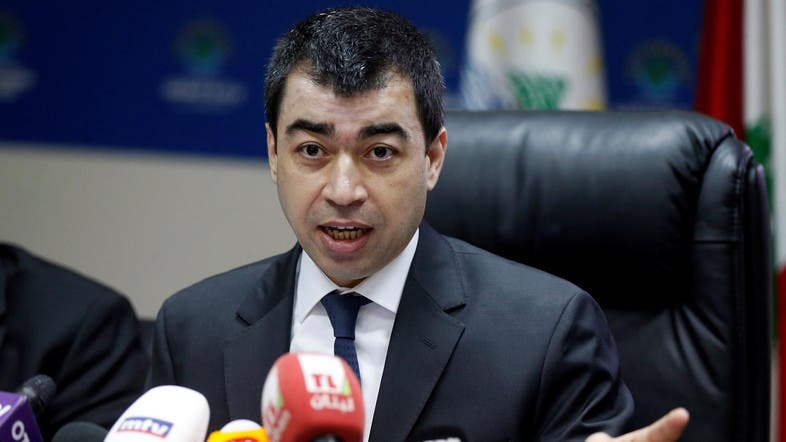
By Tom Perry and Laila Bassam
BEIRUT (Reuters) – Lebanon is on the brink of crisis again with its politicians at odds over an election law at the heart of the nation’s sectarian system, threatening to leave the country without a parliament for the first time. Parliament’s term expires on June 20 and without a compromise Lebanon faces what one minister has called the most serious political crisis since the end of the 1975-90 civil war. Some analysts believe the dangers of a parliamentary vacuum – including the risk this would topple the government – will force a compromise deal, though there is no sign of one yet.
A short extension of parliament’s term beyond June 20 now looks inevitable to allow more time for a deal, though a so-called “technical extension” of a few months will also require a political agreement. Leaders have ruled out a longer extension on concerns of a popular backlash that could cause unrest. “This is the most dangerous crisis the country has been through since the Taif agreement,” Finance Minister Ali Hassan Khalil told Reuters, referring to the 1989 peace deal that ended the civil war. “It is the first time since even before Taif that we are close to a (legislative) vacuum,” he said However, the prospect of a return to civil war appears remote. Lebanese leaders remain committed to containing sectarian tensions exacerbated by six years of war in Syria. The bigger risk is state paralysis as the government tries to revive an economy saddled by massive public debt and to cope with the strain of 1.5 million refugees from neighboring Syria.









